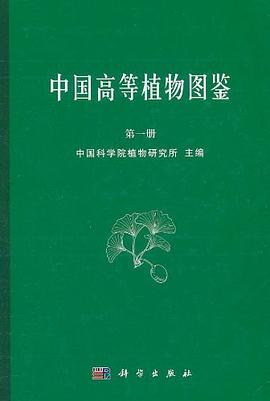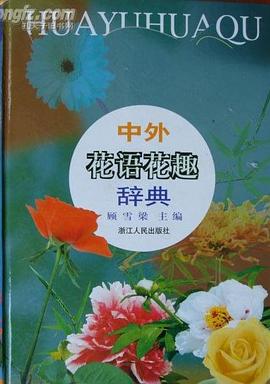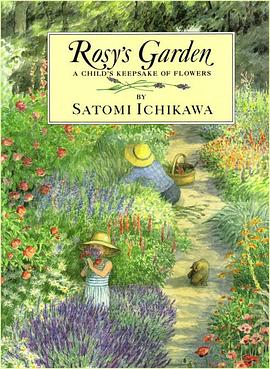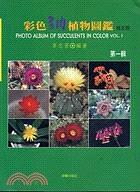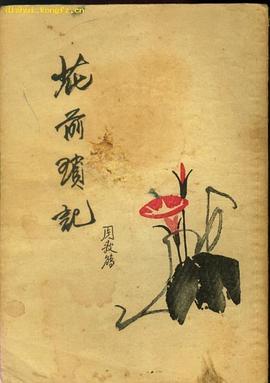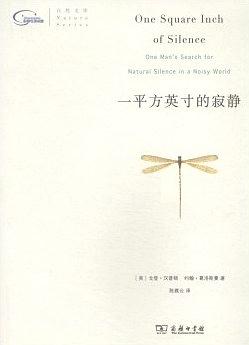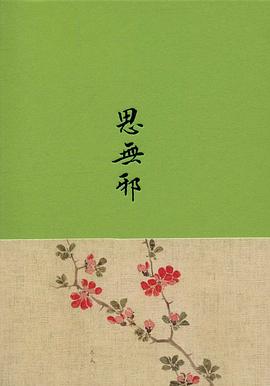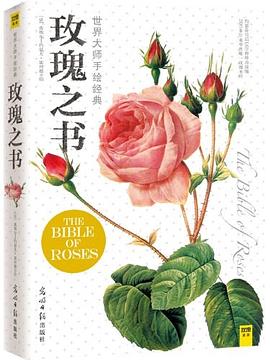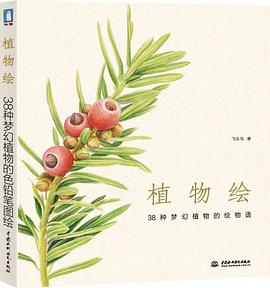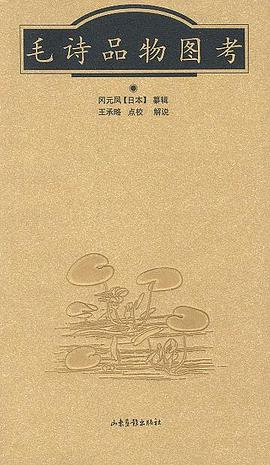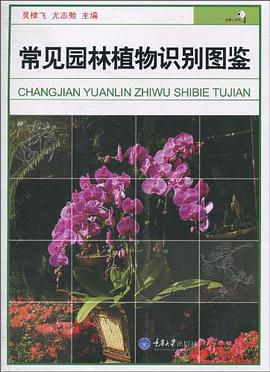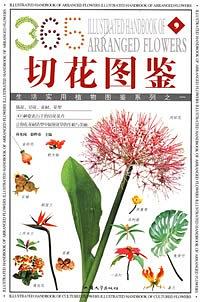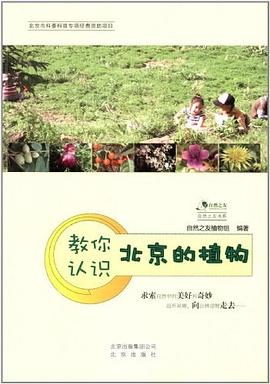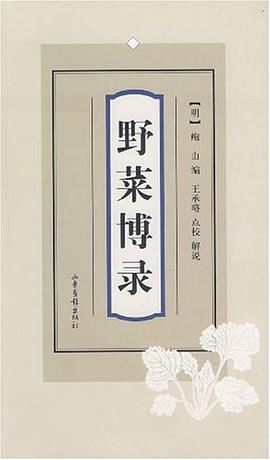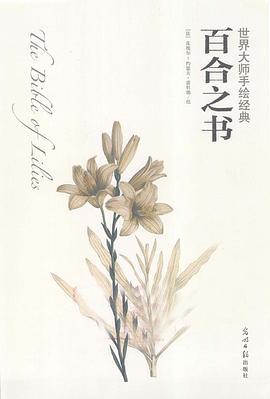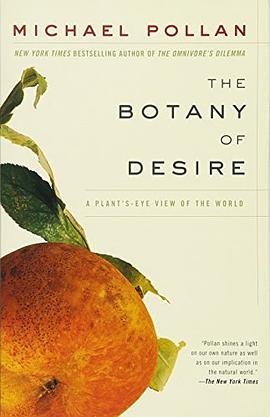
The Botany of Desire pdf epub mobi txt 电子书 下载 2025
Michael Pollan is a contributing writer for The New York Times Magazine as well as a contributing editor at Harper’s magazine. He is the author of two prizewinning books: Second Nature: A Gardener’s Education and A Place of My Own: The Education of an Amateur Builder. Pollan lives in Connecticut with his wife and son.
- 植物
- 科普
- 自然
- botany
- 美国
- 哲学
- 植物之书
- food

In The Botany of Desire, Michael Pollan argues that the answer lies at the heart of the intimately reciprocal relationship between people and plants. In telling the stories of four familiar plant species that are deeply woven into the fabric of our lives, Pollan illustrates how they evolved to satisfy humankinds’s most basic yearnings — and by doing so made themselves indispensable. For, just as we’ve benefited from these plants, the plants, in the grand co-evolutionary scheme that Pollan evokes so brilliantly, have done well by us. The sweetness of apples, for example, induced the early Americans to spread the species, giving the tree a whole new continent in which to blossom. So who is really domesticating whom?
Weaving fascinating anecdotes and accessible science into gorgeous prose, Pollan takes us on an absorbing journey that will change the way we think about our place in nature.
Amazon.com's Best of 2001
Working in his garden one day, Michael Pollan hit pay dirt in the form of an idea: do plants, he wondered, use humans as much as we use them? While the question is not entirely original, the way Pollan examines this complex coevolution by looking at the natural world from the perspective of plants is unique. The result is a fascinating and engaging look at the true nature of domestication.
In making his point, Pollan focuses on the relationship between humans and four specific plants: apples, tulips, marijuana, and potatoes. He uses the history of John Chapman (Johnny Appleseed) to illustrate how both the apple's sweetness and its role in the production of alcoholic cider made it appealing to settlers moving west, thus greatly expanding the plant's range. He also explains how human manipulation of the plant has weakened it, so that "modern apples require more pesticide than any other food crop." The tulipomania of 17th-century Holland is a backdrop for his examination of the role the tulip's beauty played in wildly influencing human behavior to both the benefit and detriment of the plant (the markings that made the tulip so attractive to the Dutch were actually caused by a virus). His excellent discussion of the potato combines a history of the plant with a prime example of how biotechnology is changing our relationship to nature. As part of his research, Pollan visited the Monsanto company headquarters and planted some of their NewLeaf brand potatoes in his gardenseeds that had been genetically engineered to produce their own insecticide. Though they worked as advertised, he made some startling discoveries, primarily that the NewLeaf plants themselves are registered as a pesticide by the EPA and that federal law prohibits anyone from reaping more than one crop per seed packet. And in a interesting aside, he explains how a global desire for consistently perfect French fries contributes to both damaging monoculture and the genetic engineering necessary to support it.
Pollan has read widely on the subject and elegantly combines literary, historical, philosophical, and scientific references with engaging anecdotes, giving readers much to ponder while weeding their gardens. Shawn Carkonen
具体描述
读后感
否则以王毅教授“辽宁师范大学文学院教授、副院长、文艺学教研室主任、硕士研究生导师、辽宁省美学学会副会长”这样高级的身份,翻译出下述如此磕碜的句子来,辽宁师大文学院未免也太寒碜了。 瓦维洛夫最终成为斯大林对遗传学大批判的牺牲品,于1943年在列宁格勒的一个监狱里...
评分一 我超爱麦当劳的薯条:晶莹剔透,散发着迷人的香味,往嘴里轻轻一嚼……人生于是完满了。这就是柏拉图式的薯条啊,完美的艺术品! 怀着爱屋及乌的心情,我把目光转向了美国的爱达荷州,这里盛产马铃薯,每年向麦当劳提供成千上万吨优质的伯班克马铃薯(Burbank Potato)。由...
评分植物的欲望:植物眼中的世界 (美)迈克尔·波伦著;王毅译 上海:上海人民出版社,2003 271页 CNY17.00 Q94/26 大馆藏 真是不良出版社。 2004-01出版,271页的书,定价17元,转过年,2005-05再版,换了封面,272页的书,定价28元。这就是抢钱呀。 这书从作...
评分原版看了一半,觉得读英文还是比较费力,然后借了译本,发现中文也很费力。。。对照着看完了,毕竟内容很有意思。对植物、人对自然的所谓改造都一些新的想法
用户评价
睡不着觉的话用来催眠,可是真正阅读进去,思维会被撞击到,尤其是苹果那一章。
评分i want to garden!!!
评分Jody gave this book to me. I have to say, this book is the most boring book I ever read so far. It's too boring to focus reading. It takes me 3 month to finish only 200 pages? My favorite part is potato. Boy! this writer is so good at dragging nothing out of something.
评分读完第一章实在受不了了,作者思维很跳跃而散文般的文风实在是太难follow,但是Conclusion很惊艳,the agency of botany, coevolutionary relation, BIODIVERSITY
评分I just can't emphasize enough how important and wonderful this book is. For anyone who eats food (which is pretty much everyone), this is a must read.
相关图书
本站所有内容均为互联网搜索引擎提供的公开搜索信息,本站不存储任何数据与内容,任何内容与数据均与本站无关,如有需要请联系相关搜索引擎包括但不限于百度,google,bing,sogou 等
© 2025 book.wenda123.org All Rights Reserved. 图书目录大全 版权所有

